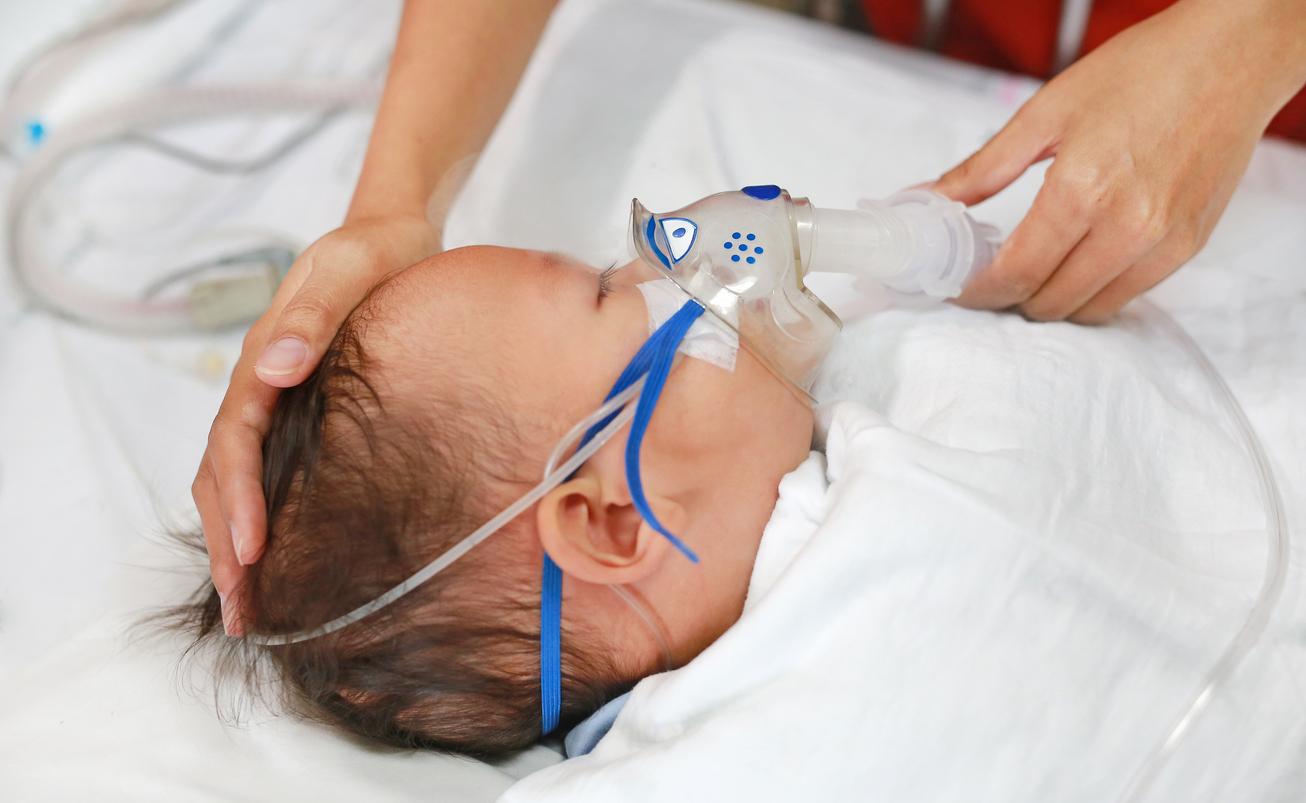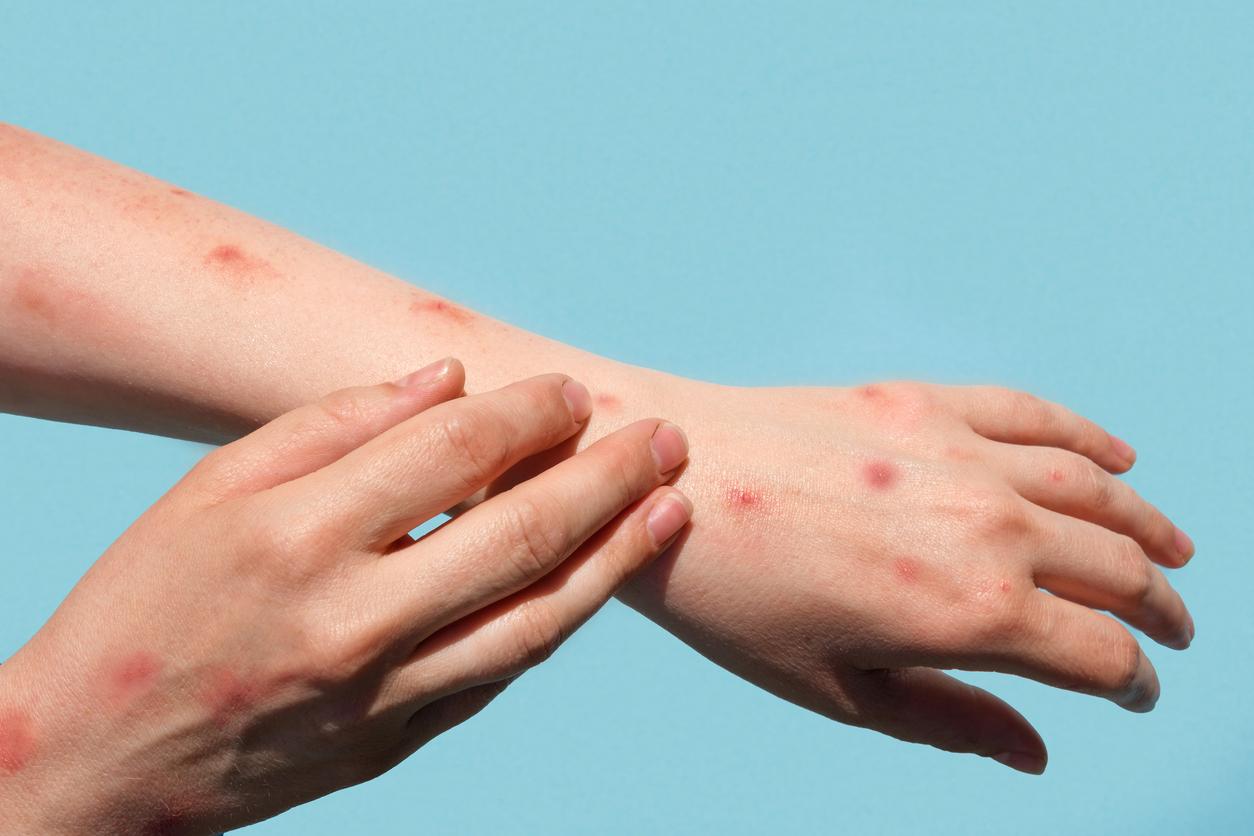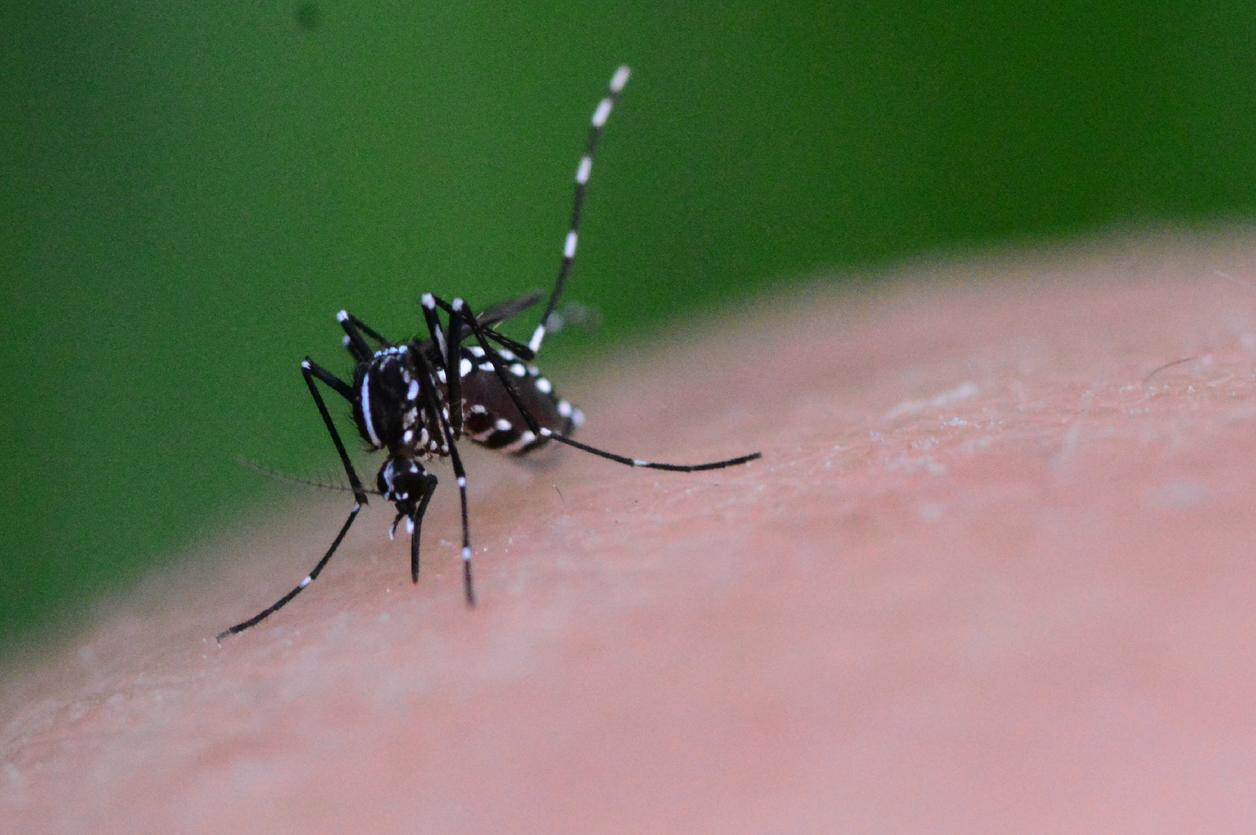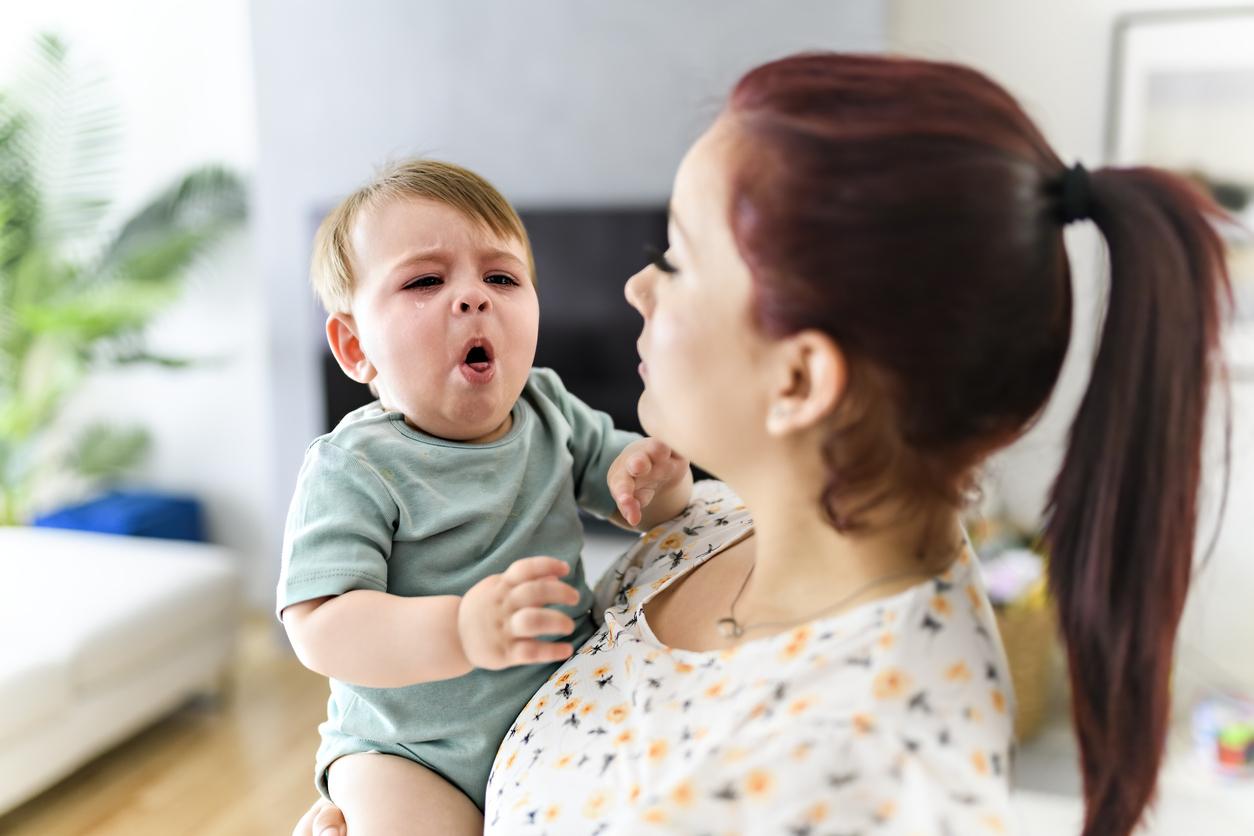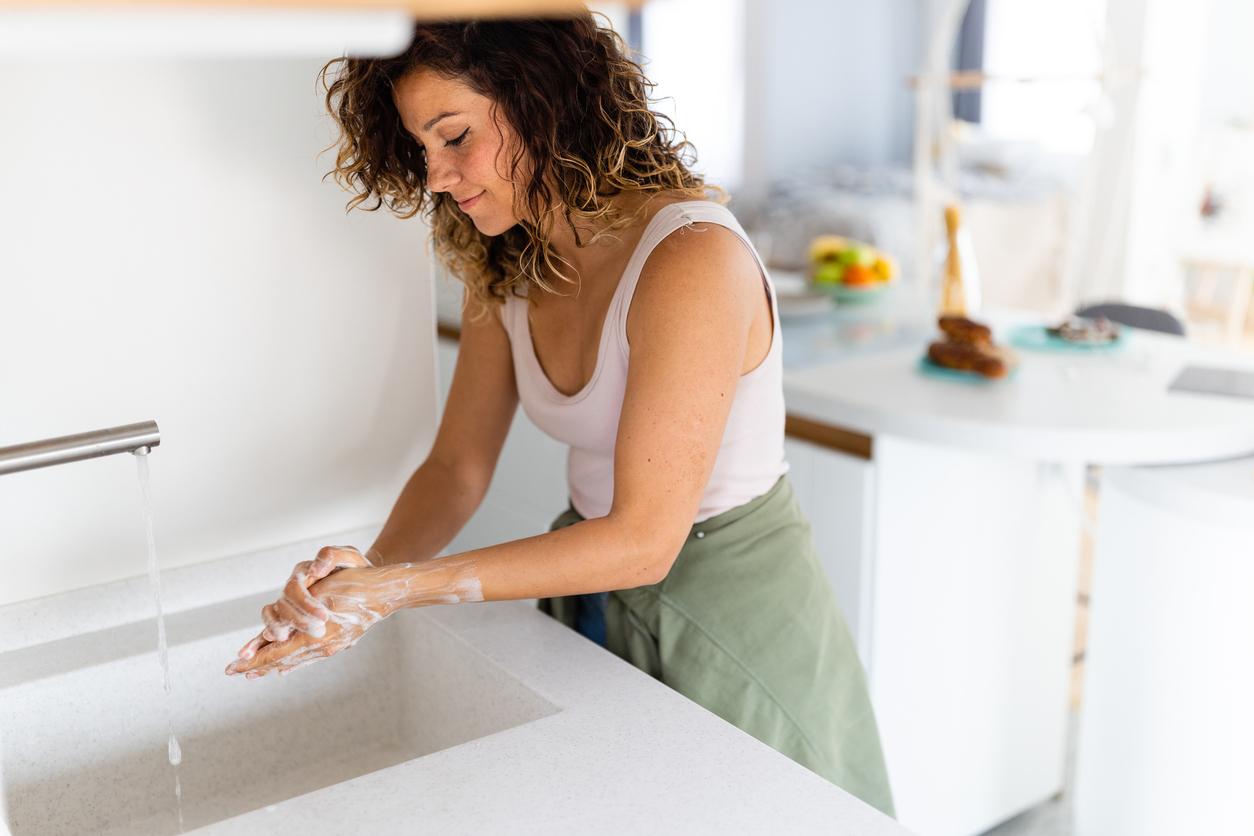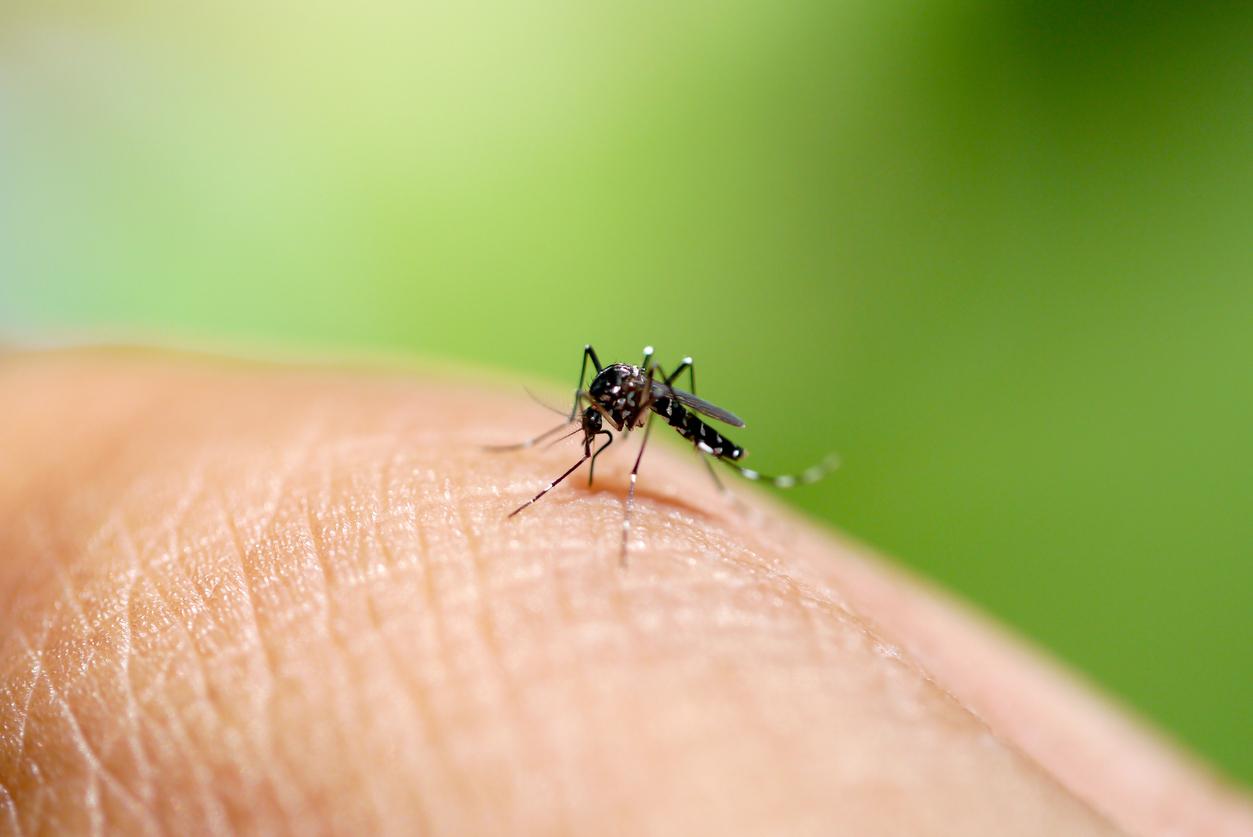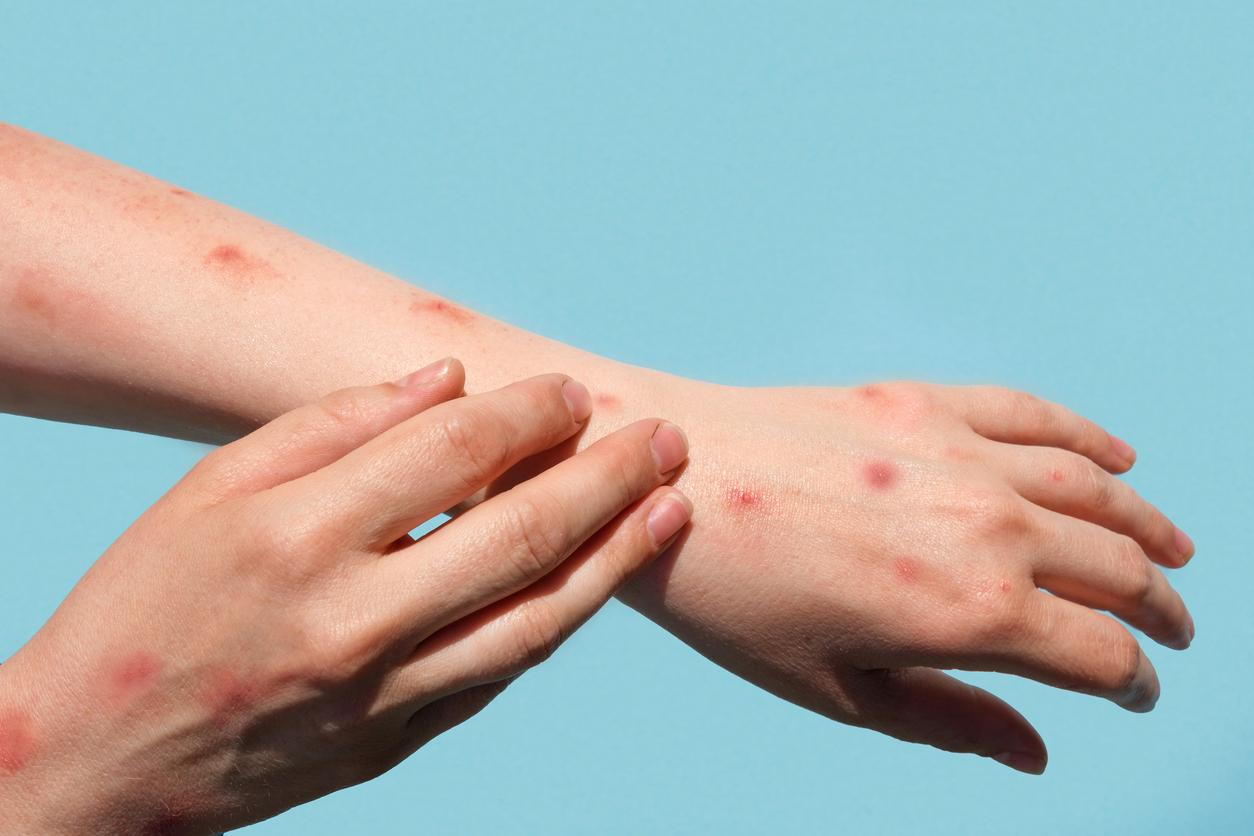The gastroenteritis epidemic is back in several regions, including Pays-de-la-Loire, Bourgogne-Franche-Comté and Grand-Est. How to protect yourself against this viral infection? We take stock.
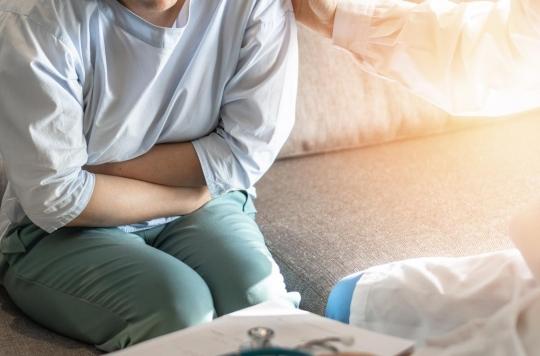
Like every winter, gastroenteritis has made a comeback in mainland France.
According to the Sentinelles health surveillance network, 169 aces of gastro per 100,000 inhabitants on average were estimated for the week of December 9 to 15. A figure up from the previous week (151 cases per 100,000 inhabitants), and which is experiencing high inflation in three regions.
In Pays-de-la-Loire and Bourgogne-Franche-Comté, 282 cases per 100,000 inhabitants have been identified. The Grand-Est region has recorded 225 cases per 100,000 inhabitants.
If all age categories are affected by this viral disease, cases have increased significantly among people aged 0 to 29, notes the Sentinels network. A more moderate increase was observed among 30-64 year olds.
The latter, however, is reassuring. If the epidemic is there, it is however less virulent than those of previous years, with “moderate to strong activity”. The Sentinelles network also predicts that “the level of activity of acute diarrhea could remain stable next week”.
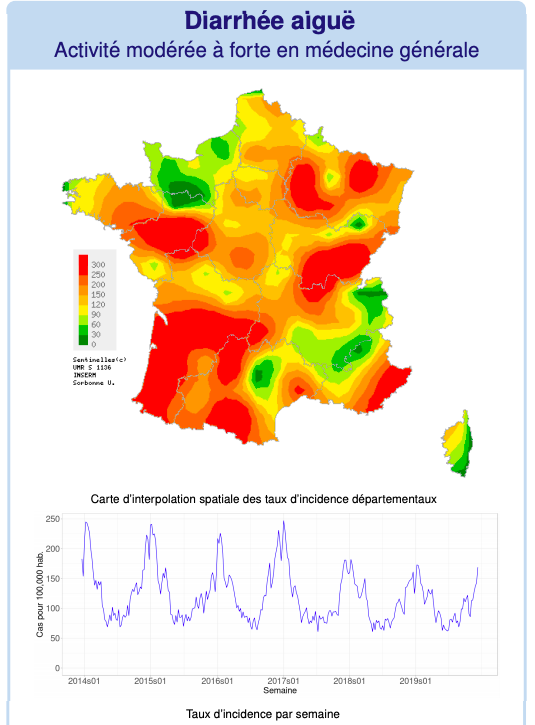
How to avoid gastroenteritis?
The acute gastroenteritis is a digestive infection with inflammation of the wall of the intestine. Responsible for nausea, vomiting, abdominal pain, it is, in most cases, due to rotavirus infection. It is then very contagious. It can also be of bacterial or parasitic origin.
The transmission of infectious gastroenteritis is by direct contact with a sick person, or indirectly by ingestion of food or water contaminated by a sick person or by contact with objects or hands on which are deposited fine particles of stool from sick people. Gastroenteritis is therefore favored by community life and collective catering.
Epidemics of rotavirus gastroenteritis occur each year between December and February. Fortunately, there are a few simple rules of hygiene to follow to avoid getting sick: wash your hands very frequently with soap, especially as soon as you get home, after taking transport, before eating and after going in the toilet. You should also avoid sharing your glass and cutlery at the table, regularly clean surfaces in the kitchen, as well as those touched by everyone in a house such as toilets, sinks or door handles.

.









